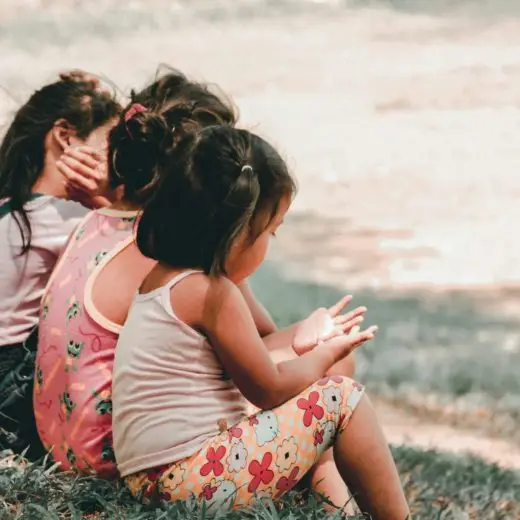This month, people around the world commemorated Neurodiversity Celebration Week, an initiative that seeks to “challenge stereotypes and misconceptions about neurological differences.” Next month, many will celebrate “Autism and Neurodiversity Awareness Month,” and “World Autism Day.” These celebrations may promote learning about neurodiversity. Some people feel that some kinds of awareness efforts and celebrations are deficit-focused, as they are based on the traditional ‘medical model’ rather than the neurodiversity approach. This month, let’s explore what neurodiversity is all about and how this concept can help children and adults understand themselves better.
The use of the term “neurodiversity” started to spread in the 1980s and 1990s. Neurodiversity is a framework in which neurological brain differences are viewed as normal variations in brain functioning. The neurodiversity spectrum includes autism, attention-deficit/hyperactivity disorder (ADHD), Tourette Syndrome, dyspraxia, many other neurological differences, and “neurotypical” brain function. The concept of neurodiversity challenges the idea that differences in the way people’s brains work are abnormal or pathological. The neurodiversity movement encourages those with neurological differences to embrace and learn about their differences so they can navigate the world in a more comfortable way, and for “neurotypical” individuals to appreciate the diverse ‘neurological ecosystem’ around them.
Terminology
The term “neurodivergent” is used to identify individuals with neurological differences. People with autism have different preferences about how they like to be identified. Some prefer “person-first language,” such as “person with autism,” while others prefer “identity-first language,” such as, “autistic person.” While writing last month’s blog about diagnosing autism and ADHD, I went back and forth between using person-first language and identity-first language. Ultimately, I decided to use both since I was writing for a broad audience. When talking to or about an individual who has autism, it’s best to ask how the individual likes to be identified so you can use the type of language they prefer. This may help autistic individuals feel respected.
Gender, Sexual Orientation, and Neurodiversity
Did you know that people who are neurodivergent are more likely to identify as LGBQTIA+ (lesbian, gay, bisexual, queer, transgender, intersex, or asexual) than the general population? That is what the research shows. This overlap of neurodivergent and LGBTQIA+ identities may be due a complex interaction of hormones, neurotransmitters, and social factors.
Giftedness and Neurodiversity
Giftedness often co-occurs with autism, ADHD, and other types of neurodivergence. Research shows there are different types of giftedness, such as intellectual giftedness, existential giftedness, creative giftedness, and emotional giftedness. Not all gifted people have a diagnosis like autism or ADHD, but some do. The term “twice exceptional” or “2e” refers to people who are gifted and also have autism, ADHD, dyslexia, and/or another neurological difference.
Giftedness is considered by some mental health professionals to be on the neurodiversity spectrum. Being gifted does not mean an individual has an “easy pass” to life. Gifted people often experience many challenges, especially social challenges, because communicating with others who think very differently can be hard. Giftedness is sometimes misdiagnosed as autism, ADHD, etc.
It is important that gifted children and adults appreciate that they are not “better” than others, just different. As with any type of neurodivergence, gifted individuals can benefit by understanding how their mind works so they can move through their lives with greater ease.
Contrary to popular misconceptions, children who are gifted do not lose their giftedness when they graduate high school and become adults. Gifted children become gifted adults. Giftedness often runs in families, as do other types of neurodivergence. Parents with a gifted or neurodivergent child may want to explore their own neurodivergence or giftedness so they can better support their child.
Understanding One’s Neurodivergence
Many neurodivergent individuals experience real trauma living in a “neurotypical” world that is not designed for them. Therapy is one way that neurodivergent children and adults can understand themselves more and feel empowered. Reading about neurodivergent individuals and talking with other neurodivergent individuals can also help neurodivergent children and adults grow and heal. At Intuition Wellness Center, we specialize in health and wellness services for children, young adults, and their families. If you think you would like some extra support, we’re here for you.


